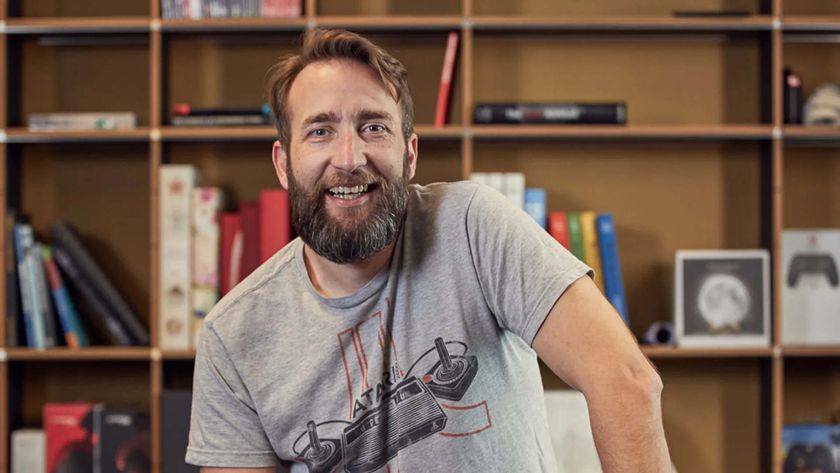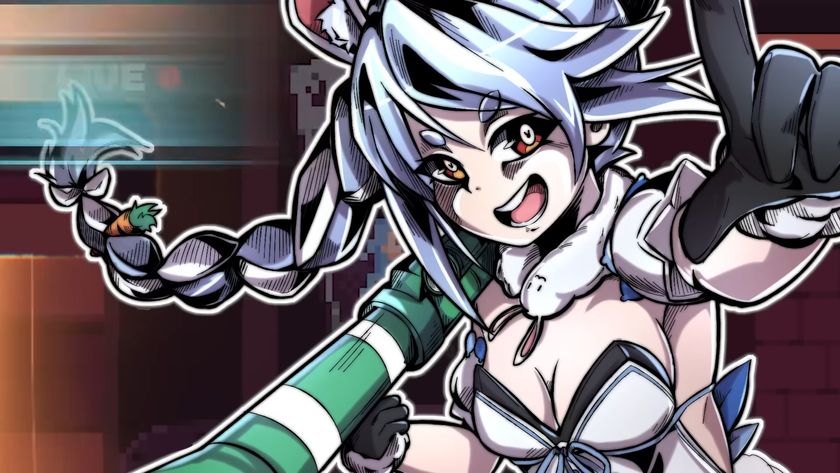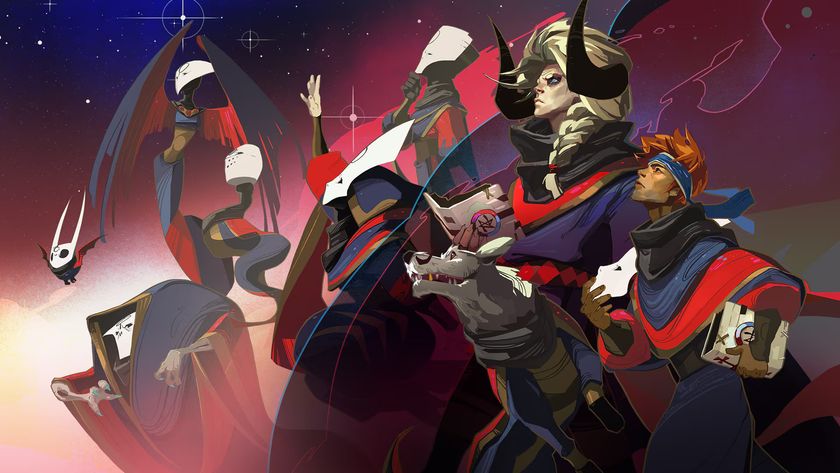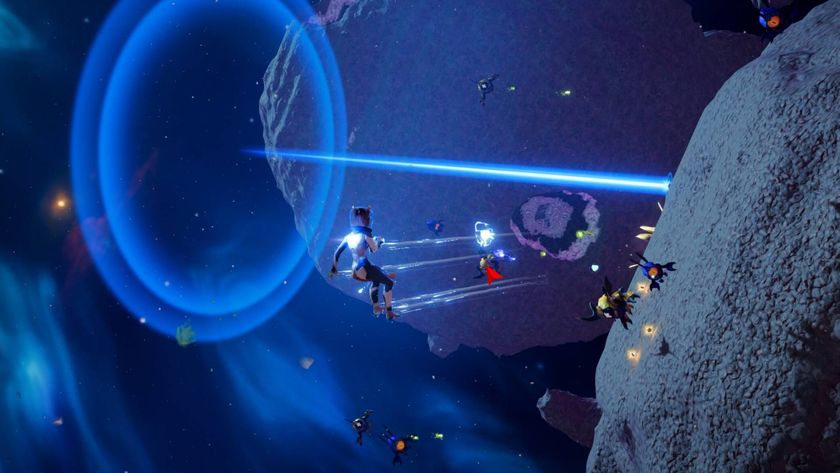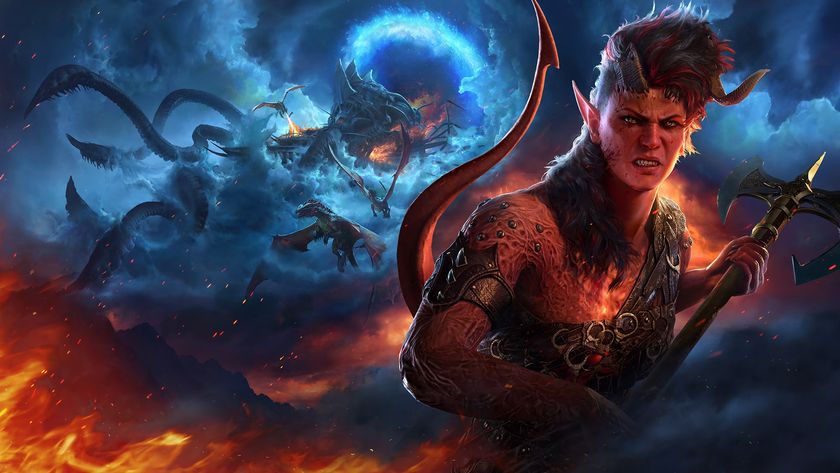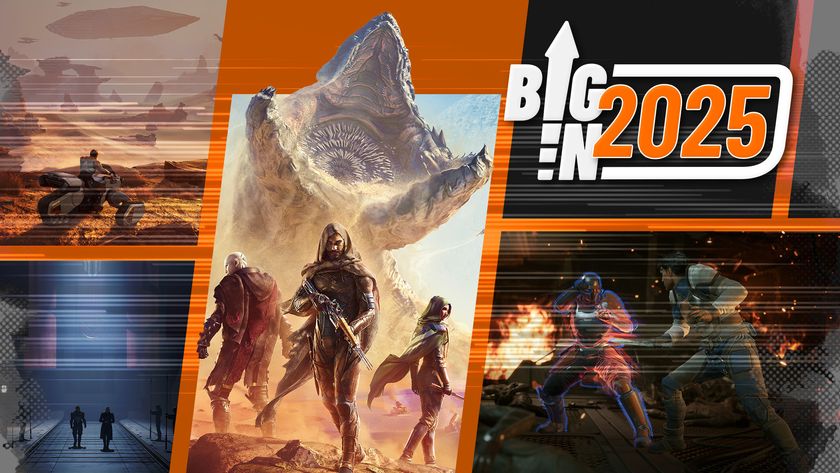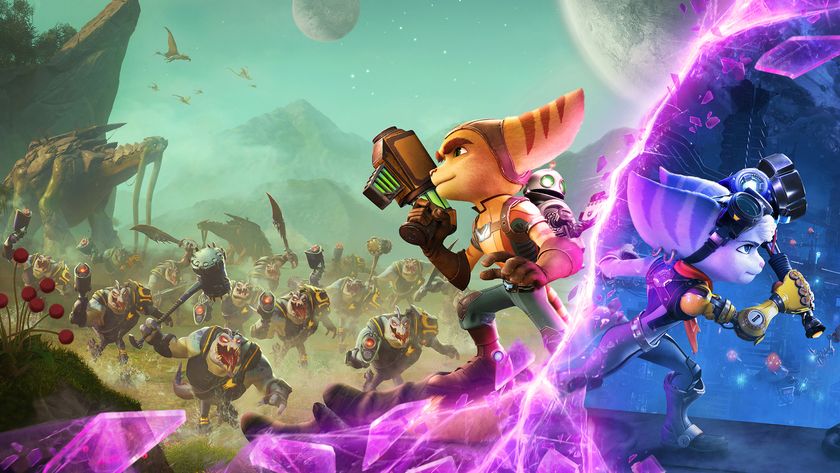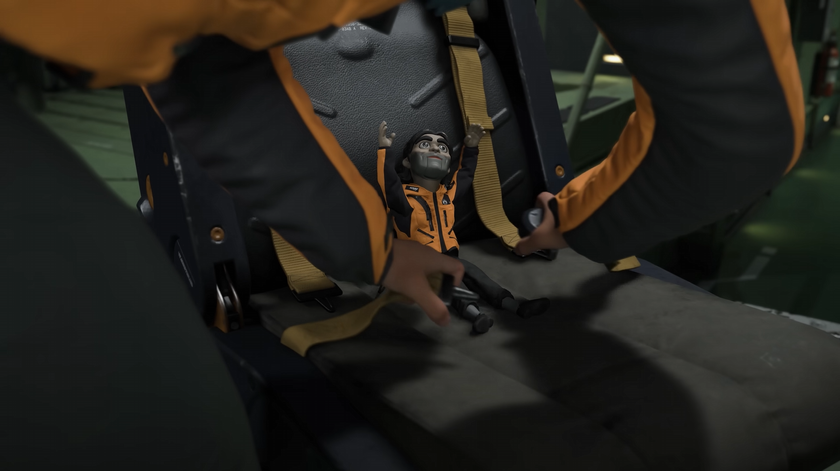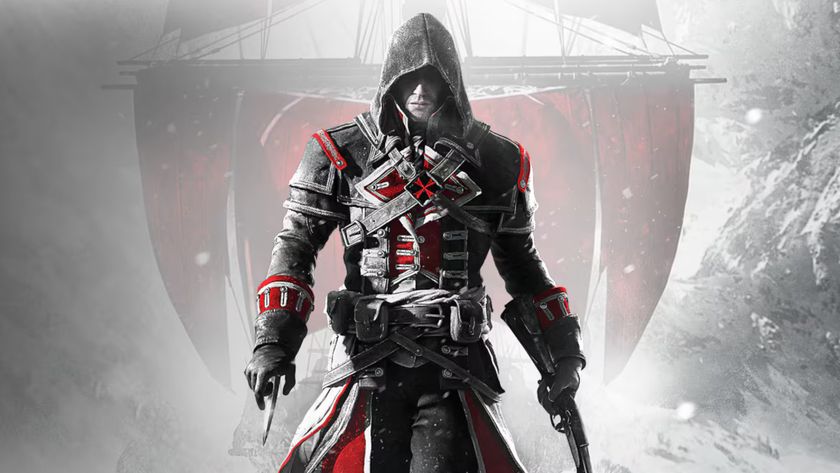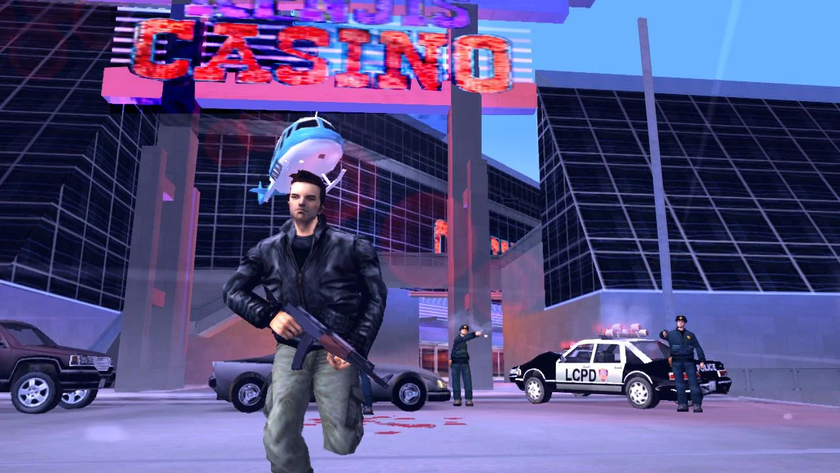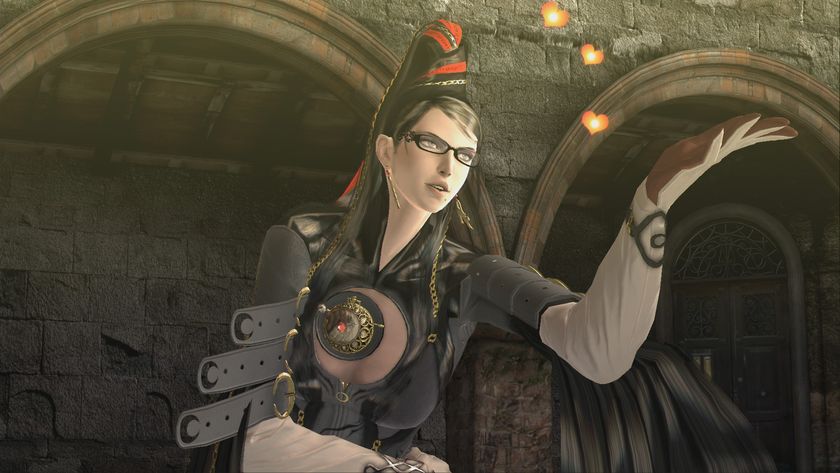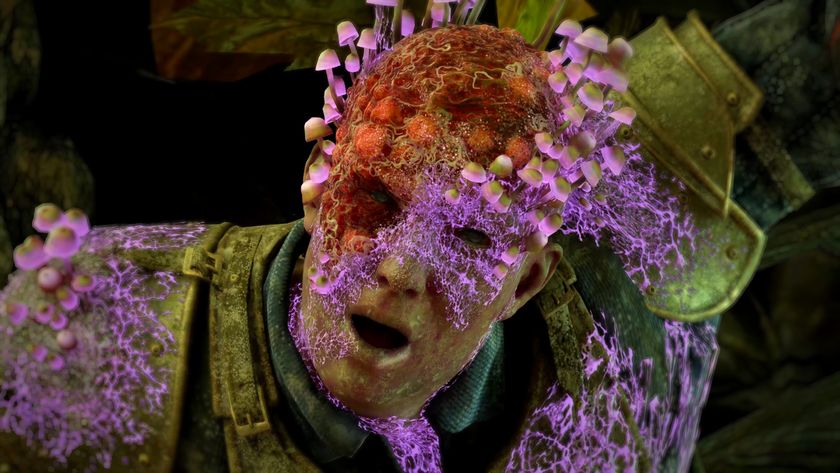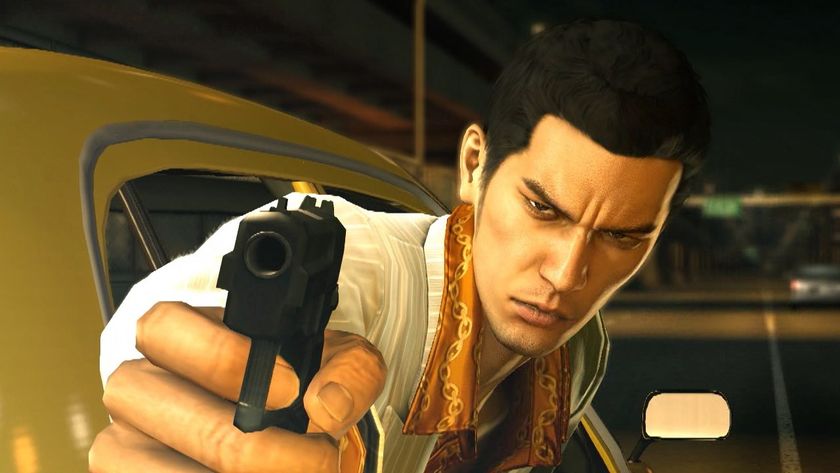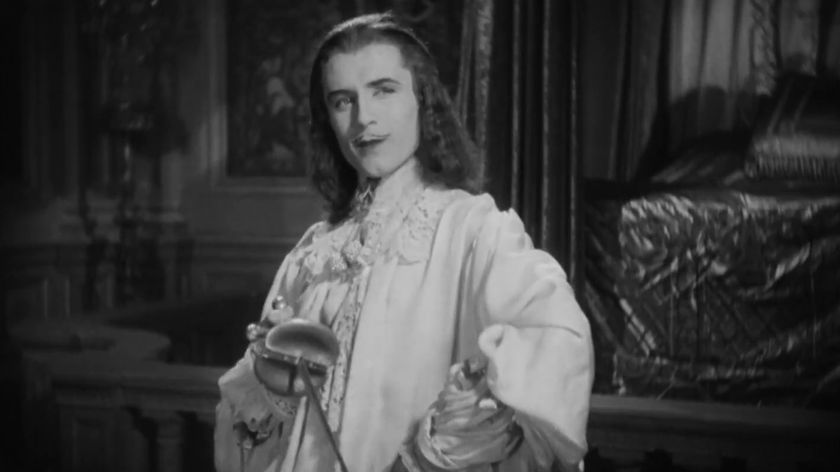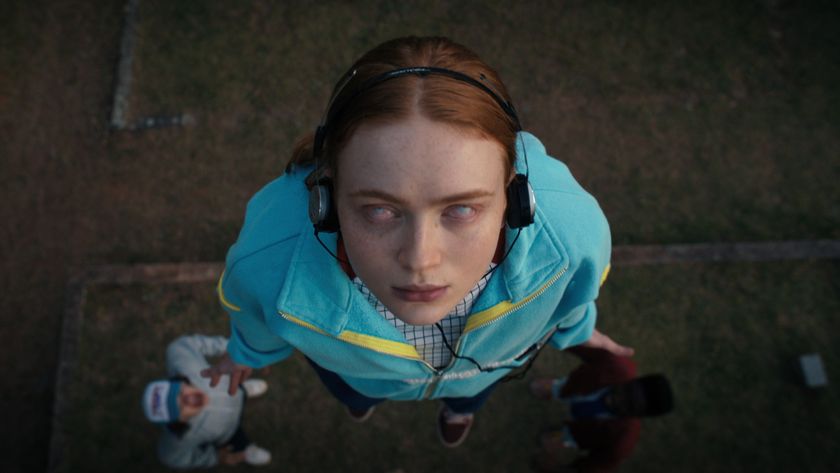How Fortnite and Minecraft virtual concerts kept music alive while we weren't allowed outside
We talk to the artists, developers and organisers who helped bring music fans back together as lockdown held us apart
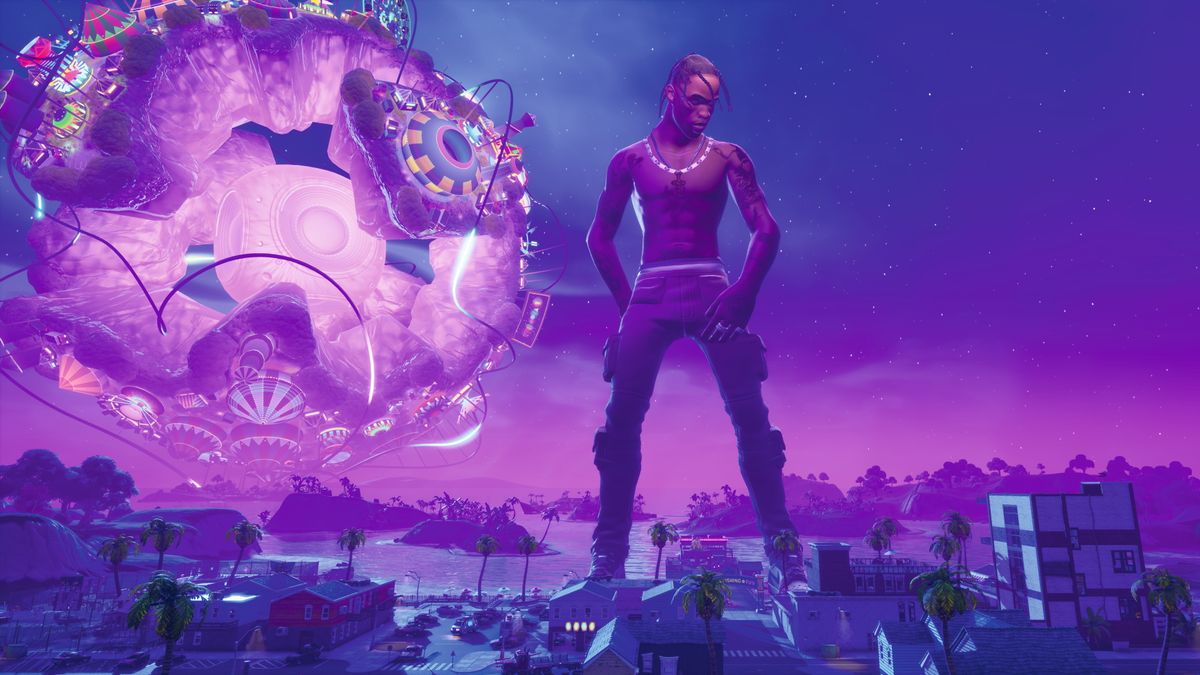
We realise we've done something wrong when the wooden door won't open from the outside. To the glitch pop already pumping in our headphones, we add a flurry of hasty right-clicks, to no avail. The set we've all queued so long to see is just about to start, but this particular group won't be making it onto the digital dancefloor.
Looking for a space to cool off and get to know each other, we've managed to get trapped on the outskirts of the Nether Meant festival ground. But we aren't about to quit to desktop and split up this party. Instead, the group – our blocky avatars dressed in virtual merch – huddle to take screencap selfies, the procedural mountains of jutting stone providing a perfect backdrop, and laugh about the situation we've found ourselves in. In the world of virtual concerts, it turns out, everything has its digital equivalent. Even the smoking area.
The circumstances of 2020 provided the perfect opportunity for virtual concerts to make their mark. For evidence, you need look no further than Travis Scott's Fortnite show, which broke records for the game with a crowd peaking at 12.3 million concurrent players. To the team at Open Pit, though, this concept is nothing new – the creative collective has been putting on Minecraft shows since 2018, events with winking names such as 'Coalchella' and 'Fire Festival'.
- "If we can do it… This will be something groundbreaking": PUBG creator Brendan Greene is five years into making a 10,000km "realistic Minecraft" – but there's still a decade to go
- Hololive boss "Yagoo" on getting vtubers into more games, building a Fortnite-style open-world game, recent graduations, the 10-year plan, and his famous "dream"
Last April, just weeks before a gigantic avatar of cloud-rap kingpin Travis Scott brought his Astroworld tour to Fortnite, Open Pit raised over $8,000 for COVID-19 relief by building a replica of a closed Brooklyn music venue. Emo pioneers American Football and chiptune heroes Anamanaguchi played to a crowd of thousands, all within Minecraft servers.
Putting on a show
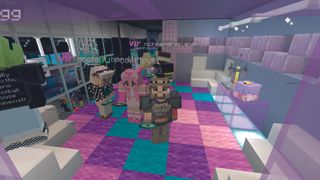
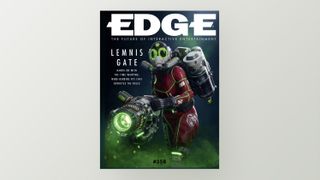
If you want more great long-form games journalism like this every month, delivered straight to your doorstop or your inbox, why not subscribe to Edge here.
They're on a smaller scale than the digital arena shows Epic Games is able to arrange over on its island, perhaps, but Open Pit's events have provided much-needed nights of escape for music lovers itching to feel the thrill of a crowd without the chill of a virus. "The Fortnite-type concerts are a totally different thing because they're run by the people that make the game and they can't be done without that," Open Pit co-founder Umru Rothenberg tells us. "Our promotion comes completely from our community of people that have become fans of our events and the fans of all the artists performing."
Nevertheless, as its events entered the public eye, Open Pit was able to book experimental-pop royalty such as Charli XCX and 100 Gecs. Its staff made custom Minecraft skins for the artists who signed up for shows – and for those who weren't familiar with the game, Open Pit staff would step in.
"You've got to remember that a lot of the musicians who are doing this don't really know what Minecraft is," says multi-instrumentalist and producer Gus Lobban. Having previously attended TinyChat club nights and DJed in Second Life, Lobban is no stranger to this world, but he's more exception than the rule when it comes to his co-stars. See Charli XCX, who infamously cut through the gloss of her Square Garden set last year to ask the crowd, "What the fuck is Minecraft?"
Sign up to the 12DOVE Newsletter
Weekly digests, tales from the communities you love, and more
The Open Pit team often have to play the role of a virtual backstage runner, doing everything from talking artists through the process of downloading the game to teleporting them onstage in time for their sets. Rothenberg, whose responsibilities include A&R, recalls the prep for Nether Meant: "Members of American Football needed to call me and ask, 'How do I move forward?'" After a little tutelage, most of the band performed on stage as their pixellated personas, while a pre-recorded mix played out via the web-based Mixlr live streaming service. And for the members who couldn't figure it out? "Some of them also had their kids playing as them."

Lobban is best known as one-third of Kero Kero Bonito, the indie-pop outfit responsible for Bugsnax's irrepressibly catchy theme tune. The group performed at Square Garden, Open Pit's collaborative festival with 100 Gecs, which drew over 17,000 Minecraft players and raised over $50,000 for Feeding America. It was a great opportunity to connect with fans at a time when that was impossible in person, Lobban says. He likens users on the KKB subreddit passing around snaps of the group's avatars (transcribed by Open Pit from old press photos) to when fans spot the band at a takeaway before a live show.
In the runup to the show, Open Pit's professional Minecraft builder Scotty took point on fleshing out a map that reflected 100 Gecs' inimitable aesthetic. (For anyone not familiar, the band's creative direction for the gig should tell you everything you need to know: it included reference images from games and a drawing of a giant rat.)
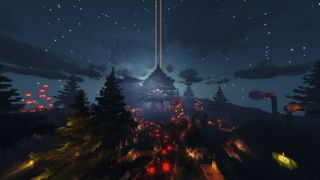
"You miss seeing people's faces, and you miss hearing people's reactions to songs they recognise, but it's so much better than nothing."
Porter Robinson
"In the eight years that I've been building, Square Garden is what I'm proud of the most and I'm super grateful to Dylan and Laura for giving us the opportunity to create it for them," they say. The result was a stunningly detailed treehouse stage and multiple secret-filled biomes to explore.
We can't resist telling Scotty about our unanticipated smoking-area incident. "I think players being able to explore areas unintended for them just makes the relationship between player and creator more meaningful," they say. "Instead of just having an experience inside the map, you get to see what we saw when making it."
That night, KKB actually lost connection mid-set, as the server became overloaded with fans. While the music is always available via the external online stream, those who lose connection to the server have to run back to the stage from spawn, recreating that adrenaline-charged feeling of the lights going down at an in-person show. For Lobban, it only added to the event's overall vibe, replicating the "anarchic experience" of a real 100 Gecs show.
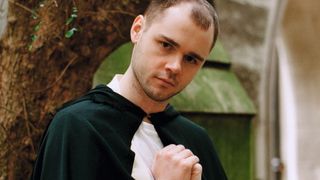
The accidents aren't always quite as happy. The team recount tales of having to quietly restart the server mid-show and recall one occasion when a friend in charge of the audio stream fell asleep. These virtual shows can be almost as nerve-wracking behind the scenes as the real thing. "The reason we're not doing them more regularly is because they really do take a ton of energy and time," Rothenberg explains.
And this is without mentioning the technical aspect, with custom backend software making it possible for players to see the performer regardless of the server instance they're using. "For a team of half-a-dozen people to be putting together this thing that doesn't really exist all from scratch, and modifying it every time — there's a lot of uncharted territory for all of us," says Open Pit co-founder and community management lead Robin Boehlen. "But I think the frantic, put-together nature of our events is definitely part of the charm."
As the shows gained in popularity, the Minecraft platform holders contacted Open Pit about its work – but only over concerns that its VIP packages constituted a 'pay to win' gameplay advantage. "They emailed us once and were like, 'This is against our terms of service', but I think they misunderstood what we were doing," Boehlen says. "They heard about our events and assumed that we were charging money for entry or whatever," Rothenberg adds. In reality, it's more of an optional donation, providing players with special merch and backstage access during the in-game festival – and with all proceeds going to charity.

"We actually intentionally built the stage so that people thought it might be on a stage, knowing full well that we really wanted to take them out of the space at the end of it."
Phil Rampulla, Epic Games
Platforms outside of Minecraft have shown plenty of interest, with the team noting that it almost became a "full-time job" taking calls early in quarantine. None of them really understood the Open Pit ethos, however. Rothenberg adds that when it was explained how much effort the shows were to put on, that the event was for charity and that it doesn't really profit, the parties "were generally less interested".
All the artists who play Open Pit shows agree to perform for free, but the team is always thinking about ways to compensate artists for their work, especially given how hard the industry has been hit by the pandemic. Even with recent sponsor money, though, Open Pit has found that, after covering its own costs, the artist's potential split was so negligible that it made more sense to just donate what was left to charity. In-game, the team has worked to create merchandise and signs that hyperlink out to the artist's page where they can be supported directly. Square Garden attendees could purchase physical festival shirts to commemorate the virtual concert.
Open Pit started life as a joke on Twitter, a group of creative friends celebrating a birthday in Minecraft, with real DJs – and the team want to stay true to those humble beginnings. Early on, they thought about expanding it into a real company, with larger sponsors, but found it too difficult to negotiate with outside influences. "I think we're definitely happier doing these as fun community events with our friends," Rothenberg adds.
Royale with tunes
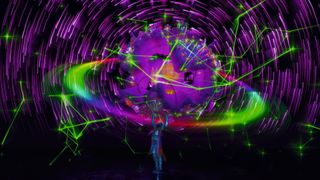
At the opposite end of the spectrum is Epic Games, which has been crafting its own Fortnite concerts with huge acts such as Travis Scott and BTS. Behind the scenes, though, there's still a desire to create that DIY toolset. "We see a future where artists of all scales, from bedroom DJs to the biggest artists in the world, can use Fortnite as a platform to get their music and shows out to the world without even our involvement," says Nate Nanzer, head of global partnerships at Epic Games. "That's the dream – that at some point you have a platform and a set of tools that enables artists to do this themselves."
For now, though, artists taking the DIY approach have to stick to other platforms. Such as musician/DJ Porter Robinson, who organised a 14-hour charity stream called Secret Sky in May last year, drawing four million viewers and raising $116k for the MusiCares COVID-19 relief fund.
This concert didn't use an existing game, but a browser-based auditorium developed by creative digital production studio Active Theory, meaning it could be accessed from any computer, phone or compatible VR device. "We've always believed that the web is the most frictionless way to connect people," the studio's creative director, Andy Thelander, explains. "It doesn't really matter which device you use – you should be able to come in and have a similar experience."

Inside the auditorium, sets from the likes of Madeon, DV-i and AG Cook were projected onto a screen, augmented by fireworks and other spectacular digital effects. Members of the audience were able to explore, sit in the bleachers and bound around the event space alongside other fans, all represented by controllable coloured scribbles.
"I think there's certain parts of the live concert experience that you miss when it's just a video and a chat," Robinson says. "You're missing a sense of spatiality – you want to feel surrounded by other people, in some sense."
Active Theory had been using its Dreamwave technology in collaboration with big tech companies to replace physical conferences. Thelander had the idea of pivoting the platform into a virtual concert space that could complement music livestreams. Active Theory created a prototype and sent it to Robinson, with whom the team had collaborated previously. After getting the green light, the team built the Secret Sky auditorium in just three weeks.
Active Theory felt it was important to make the auditorium feel spacious but not empty, in order to replicate the experience of a real-life music festival. Strategist Eddie Benson adds that the team talked a lot about the ongoing Fortnite concerts when building its play space, noting the disconnect of its concert player cap with the huge map. "It's all spread out, and it's like you're on your own," Benson says, "and there's a massive Travis Scott bumbling around."
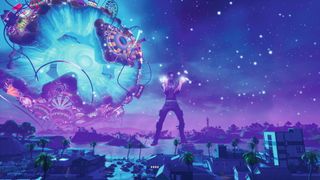

That, unsurprisingly, is not how Epic Games sees things. Head of brand Phil Rampulla says that the Astronomical concert's use of a central stage in a wide-open area was an intentional bit of misdirection. "We actually intentionally built the stage so that people thought it might be on a stage, knowing full well that we really wanted to take them out of the space at the end of it."
The idea was to make the audience feel like they were on an "immersive virtual rollercoaster," Rampulla says. That was key to its creative vision – internally, the event wasn't referred to as a 'concert' but as a 'ride'. So as a colossal Scott bestrode the island, the map took on a life of its own, dragging attendees to the bottom of a digital ocean before warping them through space to glide past a vibrant collage of planets. "We wanted to tip the world upside down," Rampulla says.
If you don't have the advantage of a budget that can blow your image up to titanic proportions, though, playing to a virtual audience can require a certain level of adaptation. "Trying to conjure the stage presence, I had to sort of break the ice with myself a little bit," Robinson says. "You miss seeing people's faces, and you miss hearing people's reactions to songs they recognise, but it's so much better than nothing."
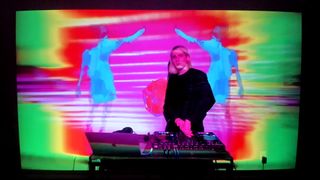
At the time of Secret Sky, Robinson was writing some of his most sincere and personal music yet, for forthcoming album Nurture, but he wanted to curate a more varied set for the event that spoke to people's need for escape during the first months of the global pandemic. It combined remixes of anime openings, comedic rap freestyles and a few fan-favourite bangers. "I felt like some fun was needed," Robinson says. "Like, desperately." It's probably no coincidence, then, that the first song of his own Robinson played was Something Comforting. But the song his set opened on is perhaps even more apt: Heal, from the Ico soundtrack.
Robinson explains how the pandemic left him feeling aimless and unsure of his purpose. "That's where you'll probably find me struggling the most, and so it was just so meaningful to have something to work towards and try to make really good. [Secret Sky] came at a good time," he says. "It sustained me for a few months, for sure."
Robinson admits returning "embarrassingly often" to a recording of the auditorium's explosive reaction to his then-unreleased track Look At The Sky. The song's lyrics were written long before anyone had heard of COVID-19, back in 2017, but a few years on they just – to borrow a popular phrase from the early days of lockdown – hit different. "Look at the sky, I'm still here / I'll be alive next year / I can make something good." It's a chorus that cuts through lockdown platitudes, while still making for a hopeful coda to a difficult time.
Virtual futures
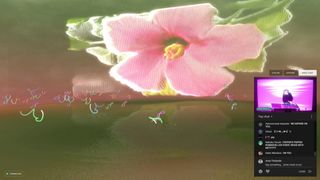
Looking to the future, when digital concerts should be less of a necessity, it's only natural to question whether there will still be a place for them. It's certainly something Active Theory has been asking itself. "People are going to want to go back to physical events as soon as possible," Thelander says. "How do you take some of the learnings and the social aspects we've brought in digitally, and combine those two things?"
KKB's Lobban reckons virtual reality is a natural fit, since it has the potential to create experiences that reality never could, rather than simply replicating live performance. Robinson agrees. He was convinced after attending LONER Online, a nightclub held in social MMO VRChat that "looks exactly like it would be at MOGRA or any nightlife in Japan".
Robinson was struck by the sense of presence and immersion, but also points to a more subtle aspect: the game's ability to replicate in-person social dynamics such as eye contact. "You have this sense of who hasn't spoken in a while. All those little nuances that come with real-life conversation are there and it's hard to express how far that goes in the virtual concert experience – just that kinetic energy of other people around you, moving and laughing and reacting."
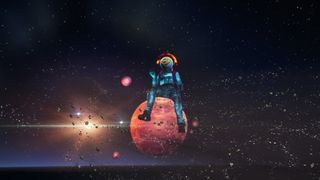
With the introduction of cheaper headsets such as Oculus's Quest 2, Robinson sees an opportunity for VR adoption to rise dramatically. His only concern is the sound quality. "The difference in terms of sound between the [Valve] Index and the Quest is pretty massive. The floating speakers offer so much more bass – with the more mobile headsets, you might need to bring some nice headphones."
Active Theory has also been experimenting with VR, though it's eager to maintain the accessibility of its web-based approach. It's also considering more of a hybrid implementation as these events return to the real world. "Could you have a digital representation of Coachella that you could virtually walk around in?" Thelander asks. "Could there be screens at the physical event that connect you to digital avatars and the digital world? How can you kind of blur those lines?"
Over at Epic, similar possibilities are being considered. The Fortnite publisher has already dipped its toes in these waters, with the gigantic Durr Burger mascot head it built in 2018, out in the California desert. Rampulla talks about the "emotional connection" of blurring realities this way, and how these ideas are already blossoming as sports venues allow fans to beam themselves into a crowd from home. "I think vice versa: are there ways we can build a Fortnite experience at a concert?" After all, he says, bigger concerts are trending towards the kind of theme-park experience Epic created with Travis Scott. Now it's just a case of finding a way to tip the real world upside down, too.
This feature first appeared in Edge magazine. For more like it, subscribe to Edge and get the magazine delivered straight to your door or to a digital device.
Edge magazine was launched in 1993 with a mission to dig deep into the inner workings of the international videogame industry, quickly building a reputation for next-level analysis, features, interviews and reviews that holds fast nearly 30 years on.
